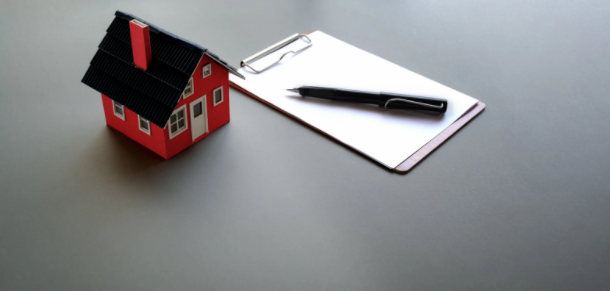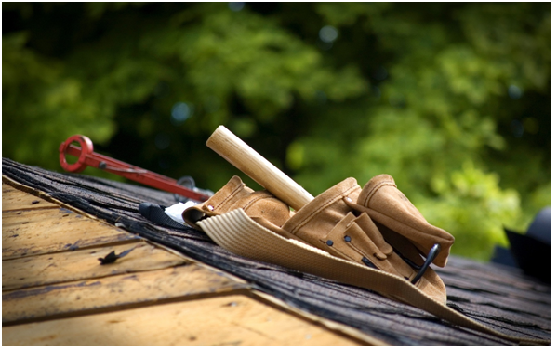When buying a home, there are so many things to take into consideration. What are the schools nearby like? Is it in a flood plain? Will any extensions need right to light insurance? And one of the most important questions is, what will the cost be for home insurance?
It’s really easy nowadays to get quotes and ensure cover the moment those contracts have been exchanged. This gives us peace of mind knowing that we are financially covered against any disaster that may happen.
However, there are some things that could invalidate our policies and lead to firms refusing to payout. Even the most stringent homeowner doesn’t have time to read all that small print and even if they do, policies aren’t always worded in an ‘easy-to-understand’ manner.
Below, we take a look at 8 things that can invalidate home insurance that policyholders are often not aware of.
1. Renting Out A Room
Renting out a spare room is incredibly popular among homeowners. In fact, 3% of UK households are doing just so and there are even government schemes encouraging this.
If you are planning on getting a lodger, check your policy first. Many providers don’t cover having someone renting a room in their policy.
Even if this new roomie is your best friend, your insurer simply sees this as a strange adult with access to your house and belongings and is deemed a risk. Always check your policy and adjust accordingly before someone new moves in.
2. Not Locking Doors and Windows
It’s an obvious thing for us to do when we leave home but you’d be surprised how many people lost out on a claim for not locking their doors and windows.
Burglars are opportunists and will take any opportunity to gain access to your home, even if you are just popping out to the car or walking the kids to the bus stop, always lock your door.
If you have locks on your windows and fail to use these, your policy could be invalidated, even if they were shut.
3. Exaggerating Contents Value
When taking out a home insurance policy, you will have been asked to give a value of your belongings, should the worst happen, such as a fire or flood, this sum will be provided to you to replace your damaged goods.
But if you accidentally or deliberately inflate this value, your policy provider may refuse any form of a payout. The average UK household contents are worth £35,000 but this doesn’t mean yours is worth the same.
Take the time to really evaluate your contents, this includes everything from valuables, white goods, clothes, toys and even kitchenware.
4. Dog Doors
There are an estimated 9 million pet dogs in the UK, we are a nation of pet lovers and always want the best for them.
One great way to ensure your dog can occupy themselves while you’re at work is installing a dog flap so they can enjoy your garden,
But these dog flaps can be seen as a security compromise to insurers. Not only can mobile burglars fit through many of them, but they also compromise the integrity of your door.
Very few insurers place a blanket ban on dog doors but most of them will need to be alerted of them before installation. By doing so, you remain covered and your precious pooch still gets to play outside whenever they want.
5. Building Work and Renovations
Instead of moving home, many of us are opting to renovate our own homes. Not only does this improve our current living but also adds value to the property.
Most of us know to alert our insurance provider once these have been completed to update the value on our policies, but this should actually be alerted before the building has even started.
A lot of the time, extensions compromise the security of your home, with walls being knocked down, doors not yet installed and not to mention the numerous workers who will have access and even keys to your home.
Even if they are the most trustworthy contractors, your insurer doesn’t know this and will want to know what is going on. More often than not, your premium won’t go up and the call is quick and easy, so it’s worth letting your provider know in advance.
7. Having an Empty Property
Insurance providers understand that we won’t be at home all the time and leaving the property empty for a few weeks at a time for a holiday is absolutely fine, just remember to lock all doors and windows before you leave.
However, if the property is going to be vacant for an extended period, you should let your insurer know. Typically this is 30 days or more but it can vary, so check your policy.
You may be required to take out unoccupied property insurance, but this is a nominal amount compared to the loss of an unpaid claim.
8. Holiday Photos on Social Media
Social media is a great way to share memories with friends and family across the world. But with real-time updates and even geo-location tagging, you could invalidate your home insurance.
By posting these photos, you are openly advertising to the world that you are away from home, your provider will see this as not ‘taking due care’ to secure your own home.
You can still upload your photos, it is just recommended to do so when you return home.
9. Changes To Security
When taking out your policy, you will have been asked many questions, including what doors, windows and locks you have.
If you are updating these, you will have to alert your insurer. Even though these new updates are most likely adding more security to the property, your provider will still see this as a drastic change that needs to be made note of.
Failing to do so could invalidate your policy.
With the above in mind, it may be worth taking the time to read the fine print of your current policy and make sure to scrutinise contracts of new ones. When in doubt, simply call your provider and ask, they will be happy to help.








